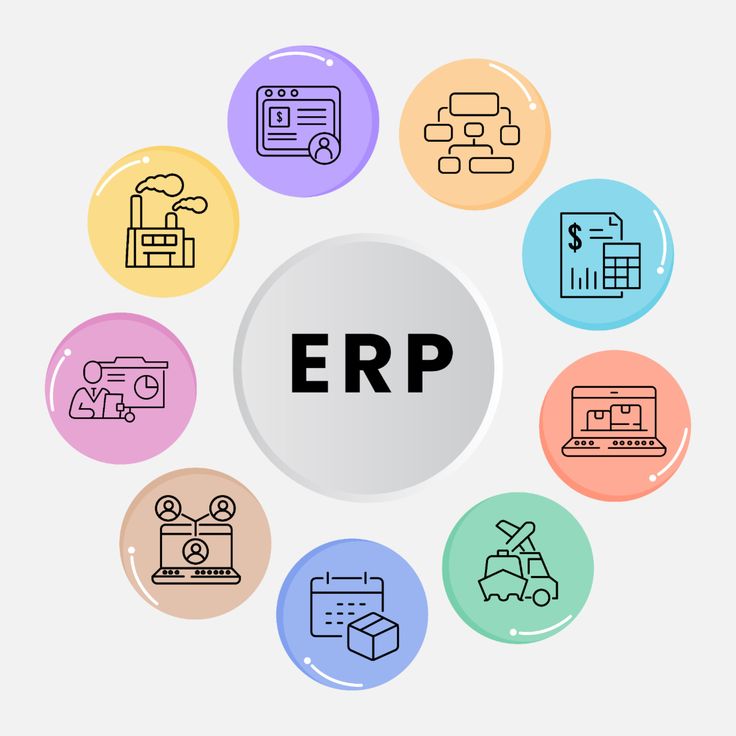In today’s fast-paced and data-driven world, businesses that fail to adapt risk falling behind. One of the most powerful tools companies can adopt to stay competitive and fuel growth is an Enterprise Resource Planning (ERP) system.
Whether you’re a startup aiming for structured scalability or an established enterprise looking to streamline operations, implementing an ERP system can be a game-changer.

✅ What Is an ERP System?
An ERP (Enterprise Resource Planning) system is a centralized software solution that integrates all core business functions—such as accounting, inventory, human resources, customer relationship management (CRM), sales, supply chain, and more—into a single platform.
Instead of using separate tools for each department, an ERP system allows businesses to work cohesively, using real-time data across all teams.
🔑 Key Ways ERP Systems Transform Businesses
1. 🌐 Centralized Data & Real-Time Access
ERP systems remove data silos by connecting every department to a unified system. This means:
- One version of the truth across the company
- Faster decision-making
- Improved collaboration
2. 📈 Enhanced Productivity and Efficiency
With automation of daily tasks like order processing, invoicing, and payroll, your team saves hours of manual effort.
- Minimize errors
- Reduce redundant work
- Free up time for strategic growth
3. 📊 Improved Reporting & Analytics
An ERP system generates accurate reports from all departments in real time. Business leaders can:
- Monitor KPIs
- Forecast better
- Make data-driven decisions
4. 🚚 Streamlined Supply Chain Management
For product-based businesses, ERP ensures that the supply chain flows smoothly with tools for:
- Inventory tracking
- Vendor management
- Demand forecasting
5. 💼 Stronger Customer Relationship Management
With ERP, sales, marketing, and service teams can access a full customer profile in one place—leading to:
- Faster service
- Better retention
- Personalized customer experience
🌟 Real-World Impact: How ERP Fuels Business Growth
Here’s how ERP can directly impact your company’s growth:
| Area | Before ERP | After ERP |
|---|---|---|
| Decision Making | Delayed, scattered data | Real-time insights |
| Customer Service | Uncoordinated | Seamless & responsive |
| Employee Productivity | Manual work | Automated workflows |
| Scalability | Difficult to manage growth | Easy to scale with business |
| Cost Management | Untracked expenses | Controlled with real-time monitoring |
💡 When Should You Invest in an ERP System?
If you’re experiencing any of the following, it’s time to consider ERP:
- Using too many disconnected tools
- Facing inventory or accounting issues
- Struggling with scaling
- Wasting time on repetitive tasks
🧠 Final Thoughts: ERP Is Not an Expense—It’s an Investment
Adopting an ERP system may seem like a big step, but the return on investment (ROI) is undeniable. With enhanced efficiency, better data visibility, improved collaboration, and stronger customer experiences, your business is better equipped to grow sustainably and competitively.
In a world where agility and efficiency drive success, ERP is not just a tool—it’s the backbone of modern business transformation.
✨ Want help choosing the right ERP system for your business? Contact us—we’d love to guide you through it!
Leave a Reply